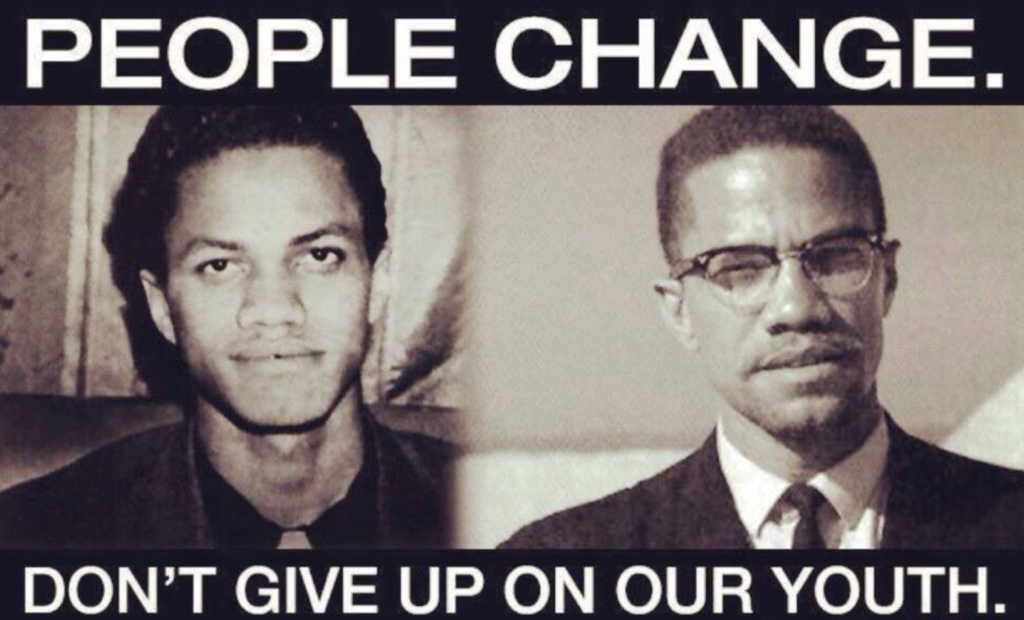Teachers Union Leaders on Chicago Charter School Strike Victory
CHICAGO - American Federation of Teachers President Randi Weingarten, Chicago Teachers Union President Jesse Sharkey, and union bargaining committee member Martha Baumgarten issued the following statements after the bargaining team for 500 striking educators at 15 Acero charter schools reached a tentative agreement with management today. The strike—the first ever at a U.S. charter school network—received overwhelming support from parents and the community.
The tentative agreement reduces class size and includes language in the contract to provide sanctuary for the school’s predominantly immigrant population, including protection from federal immigration enforcement on school grounds, and aligns pay for teachers and paraprofessionals with the pay scales of their colleagues in Chicago Public Schools, among other provisions. It will now go to the full Acero membership for ratification.
The AFT’s Weingarten said: “This strike may be the first of its kind for teachers in charter schools, but the struggle is strikingly similar to so many public school educators’ across the United States. The educators at UNO/Acero saw that their union was the vehicle to help strengthen their students’ educational opportunities and help get equity and fairness for themselves and their colleagues. When they couldn’t achieve it after seven months at the bargaining table, they took to the streets in the bitter cold and snow to strengthen their schools, and our union nationwide and the Chicago community stood with them.
“Educators fought for more classroom resources, smaller class sizes, sanctuary protections for their immigrant students and fair wages, including a stronger career path for paraprofessionals, with no loss of instructional time. And make no mistake: This strike was also about rejecting a charter school model that puts administrators and profits over students and educators. If charters are here to stay, they need to provide the learning and teaching conditions for kids to thrive.
“The past week was an inspiring lesson in what unionism is all about: to achieve together what can’t be achieved alone—in this case, better teaching and learning CONTINUE READING: Teachers Union Leaders on Chicago Charter School Strike Victory



















